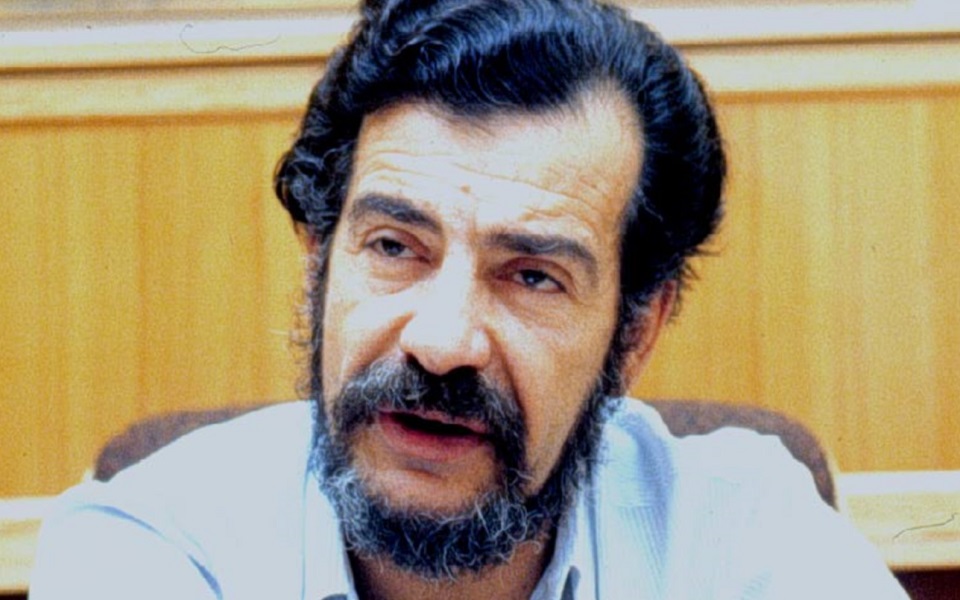The visionary who gave Greece its national health system

Last weekend was the 26th anniversary of the death of Giorgos Gennimatas, the late minister who introduced the National Health System (ESY), a groundbreaking development in this country.
A visionary not just in words but in deeds too, a politician who left a lasting legacy and also enjoyed broad cross-party recognition, he died on April 25, 1994, at the age of 55. He was popular within his own socialist PASOK party and was widely respected by his political rivals of the center-right and the left.
The UK’s conservative Prime Minister Boris Johnson often lauds the virtues of the British National Health Service, while Greece’s Kyriakos Mitsotakis recently expressed his newfound confidence in ESY. With disarming sincerity, he said that the coronavirus crisis has exposed not just the system’s shortcomings, but also its potential. The Greek prime minister added that he has set himself the challenge of developing a public health system that will be a reference point for Greece and Europe.
Despite its problems and deficiencies, ESY is a pillar of support and hope for Greeks, and especially right now. It was no small task for Gennimatas to set it up. He clashed with powerful interests and strove to improve treatment methods, create health centers across the country and modernize hospitals.
Low-key and hard-working, he inspired health workers, stood at their side, listened to their concerns and addressed them. He always stressed the need for politicians to heed the experts, especially in the area of health, warning against the perils of politicians making decisions without the technocrats, and vice versa. The wisdom of his advice is more than evident today.
Gennimatas had a pivotal impact in the area of public health, becoming one of just a handful of politicians we can say made their vision a reality.
He was diagnosed with cancer in January 1992 and went to New York for surgery, which is where I met him. In one of our meetings, for an interview, we talked extensively.
He spoke softly. Even though he was ill, he was charming and awe-inspiring, conveying a kind of sincerity rarely seen in politicians. He believed in the welfare state and in the universal right to healthcare. He stressed that ESY needed to be something that united rather than divided the country. A quarter of a century later, one can confidently say that he accomplished this. And if any more proof of his contribution were needed, many hospitals around the country are named after him.





